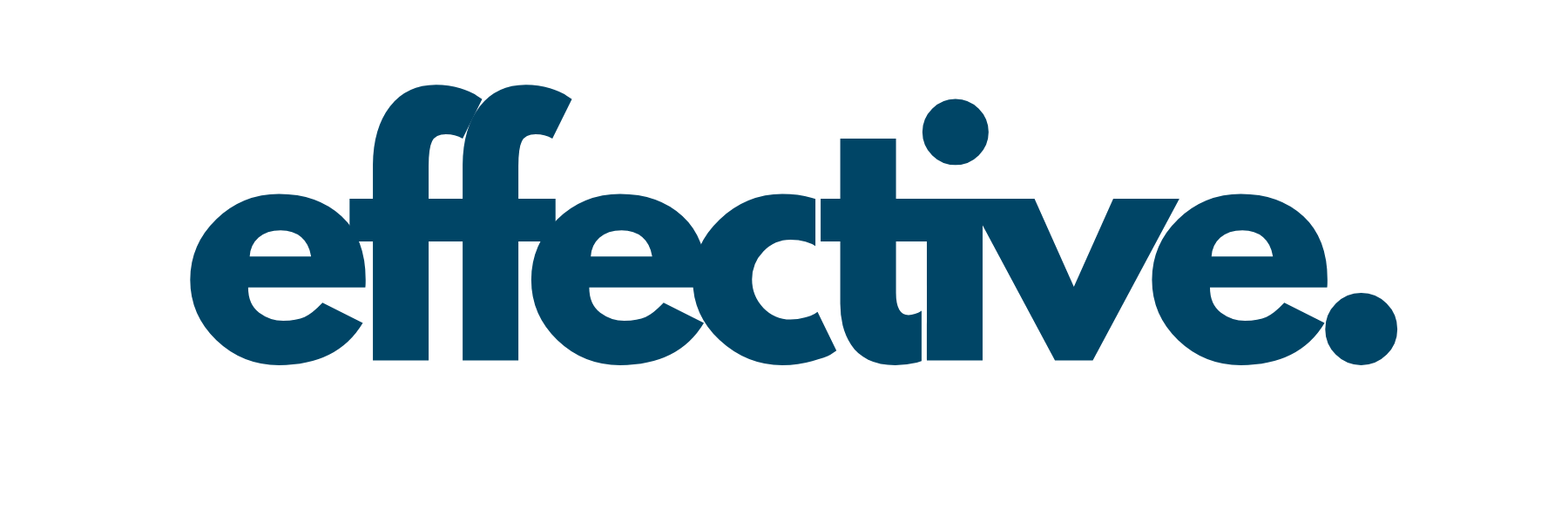Google announce the removal of third-party cookies from Chrome
What’s happening?
Have you ever been slightly creeped out by an ad that directly relates to something you’ve recently searched? An example might be that you search flights to Queensland and the next time you’re online you get served a string of online ads for hotels in Queensland. That’s a direct result of advertising that uses cookies to show you relevant ads. They might be creepy, but they’re in fact one of the best tools for marketers and advertisers which is why many are unsupportive of Google’s decision.
The announcement ultimately means that third-party cookies will no longer exist. The two year plan aims to impede advertising software companies utilising browser cookies on websites not owned by them.
Why?
The concept of cookies helps analyse what people search for on the internet and in turn, interconnects advertisements that correspond to the same or similar category. Essentially, they’re a fantastic way to ensure target markets are exposed to particular products of interest to them.
Consumers have also become more vigilant, using ad blockers and clearing their cookies. This had a negative effect on the more recent overall effectiveness of cookies.
So why get rid of such a fantastic marketing tool? It follows the lead taken by Safari and Firefox in the face of increasing privacy demands and with the amount of users unhappy with Google’s policy, it has become a matter of putting the needs of customers first.
What are the perks of Third-Party cookies?
Third Party Cookies allow access to viewed pages, the length of time they spend on the page and how many times they’ve visited the site. It’s an exceptionally powerful marketing device and allows businesses to see and measure the success of their marketing and advertising approach. So as you can imagine, eliminating this luxury makes things a bit trickier.
What will the effects be?
Replacing Third-party cookies will be Chrome’s new Privacy Sandbox. The Privacy Sandbox moves away from individually identifying information of third-party cookies and instead uses an API in Chrome to centralise data, whilst keeping user activity anonymous.
Are there associated risks?
Google paid ad budgets are likely to lower and social media budgets are likely to increase due to the lack of control advertisers have on the online customer journey. This is backed by Michael Bertini from iQuanti who stated, “Advertisers may end up shifting some of their paid budgets to organic and social” due to the change.
The announcement may be concerning for businesses, however users are often concerned about their privacy when browsing the web. Google’s decision has made many people happy that advertisers will no longer be able to view websites visited or clicked links. So, if the company’s core product is banished, could there be a serious business impact? Hmm, we think not! At the end of the day, it’s Google, the world’s largest and most popular search engine. Therefore, it’s highly unlikely a decision as such would be made without serious debate over the associated implications. We think they’ll be just fine.
